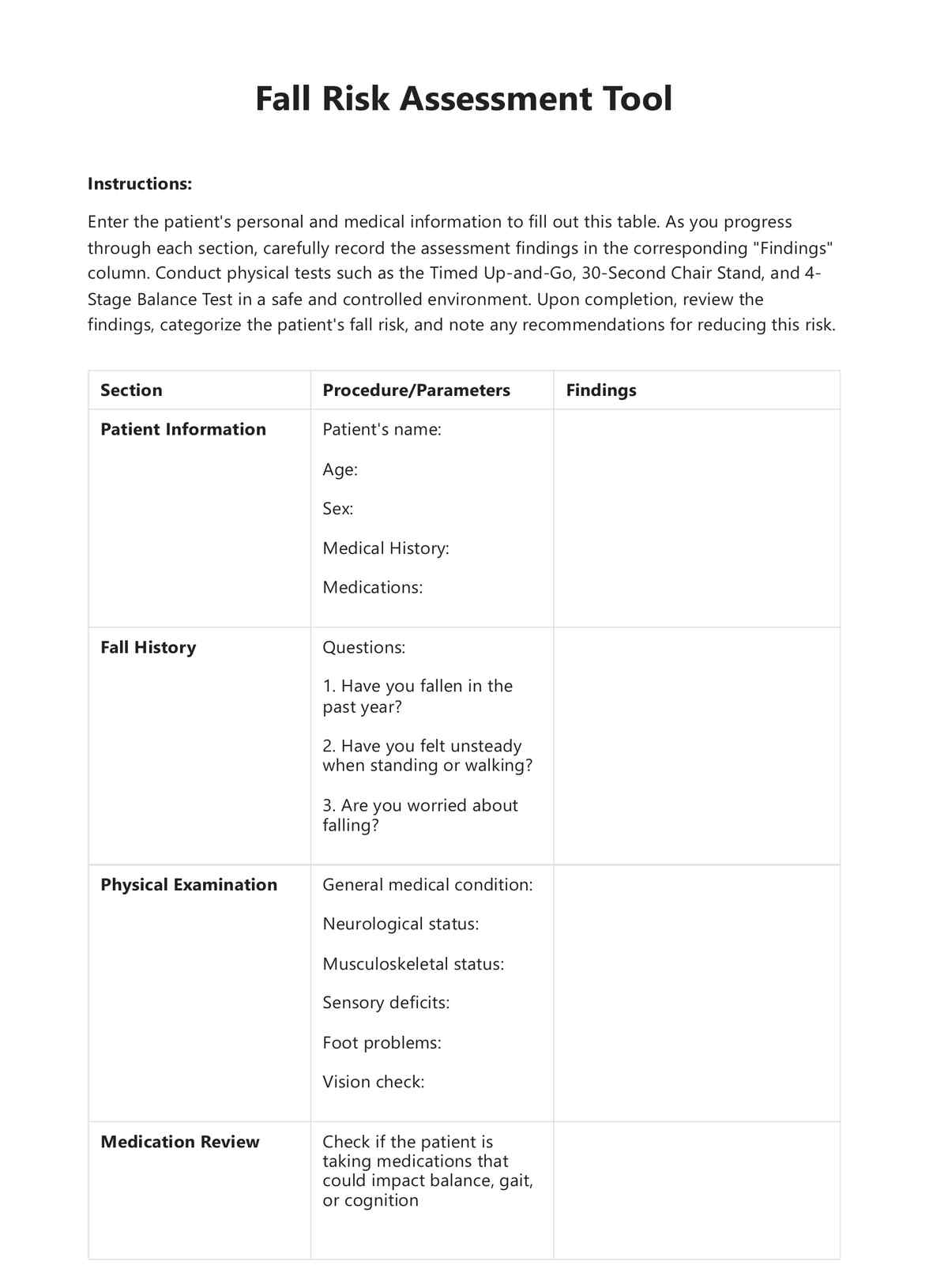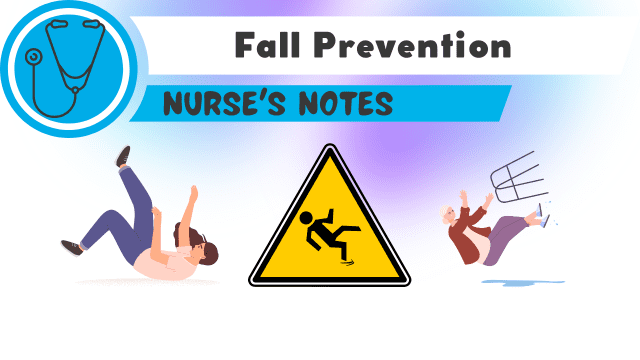Some Known Facts About Dementia Fall Risk.
Not known Incorrect Statements About Dementia Fall Risk
Table of ContentsThe Basic Principles Of Dementia Fall Risk How Dementia Fall Risk can Save You Time, Stress, and Money.The Buzz on Dementia Fall Risk3 Simple Techniques For Dementia Fall RiskDementia Fall Risk Things To Know Before You Buy
The FRAT has 3 areas: fall danger standing, risk aspect checklist, and activity strategy. A Fall Danger Condition consists of information concerning background of recent falls, medications, emotional and cognitive condition of the client - Dementia Fall Risk.If the person ratings on a threat factor, the matching variety of factors are counted to the person's fall threat score in package to the much ideal. If a person's loss danger rating totals five or higher, the person goes to high danger for drops. If the individual ratings just 4 factors or lower, they are still at some threat of falling, and the nurse should use their best clinical analysis to handle all fall threat aspects as component of an alternative care plan.
These basic approaches, in basic, aid create a safe setting that decreases unintended falls and marks core precautionary actions for all patients. Indications are essential for individuals in jeopardy for falls. Doctor need to acknowledge that has the condition, for they are responsible for applying activities to promote patient safety and security and avoid falls.
Not known Details About Dementia Fall Risk
Wristbands need to consist of the person's last and very first name, date of birth, and NHS number in the UK. Information must be printed/written in black against a white background. Only red shade needs to be made use of to signal special client status. These recommendations are regular with current developments in client identification (Sevdalis et al., 2009).
Things that are too far may need the individual to get to out or ambulate needlessly and can potentially be a risk or add to falls. Assists stop the person from heading out of bed with no assistance. Nurses react to fallers' telephone call lights quicker than they do to lights initiated by non-fallers.
Aesthetic impairment can considerably create drops. Hip pads, when used appropriately, might minimize a hip crack when fall takes place. Maintaining the beds closer to the floor decreases the risk of drops and serious injury. Positioning the cushion on the flooring dramatically lowers autumn risk in some medical care setups. Low beds are designed to decrease the range a client falls after relocating out of bed.
The Basic Principles Of Dementia Fall Risk
Clients who are tall and with weak leg muscular tissues that attempt to remain on the bed from a standing placement are most likely to fall onto the bed because it's also reduced for them to lower themselves securely. Likewise, if a tall person attempts to obtain up from a reduced bed without help, the individual is most likely to drop back down onto the bed or miss out on the bed and fall onto the floor.
They're made to advertise prompt rescue, not to stop drops from bed. Audible alarms can additionally advise the patient not to stand up alone. Making use of alarm systems can likewise be a replacement for physical restrictions. In addition to bed alarms, boosted guidance for high-risk patients also might aid protect against falls.

Patients with an evasion stride rise loss chances considerably. To lower fall risk, footwear should be with a little to no heel, slim soles with slip-resistant tread, and support the ankle joints. Advise client to make use of nonskid socks to protect against the feet from gliding upon standing. Motivate individuals to wear ideal, well-fitting shoesnot nonskid socks for motion.
5 Easy Facts About Dementia Fall Risk Explained
Individuals, specifically older grownups, have actually decreased visual capability. Lighting an unfamiliar atmosphere helps boost exposure if the person have to rise in the evening. In a research, homes with adequate illumination report less falls (Ramulu et al., 2021). Enhancement in lighting at home might decrease autumn rates in older adults like it (Dementia Fall Risk). sites Making use of gait belts by all healthcare suppliers can advertise safety and security when assisting patients with transfers from bed to chair.

Caretakers work for guaranteeing a protected, protected, and risk-free environment. Nonetheless, researches demonstrated really low-certainty proof that caretakers decrease fall danger in acute care medical facilities and just moderate-certainty that choices like video clip tracking can minimize caretaker usage without enhancing fall danger, recommending that caretakers are not as beneficial as originally believed (Greely et al., 2020).
The Dementia Fall Risk Ideas

Enhanced physical fitness reduces the threat for falls and restricts injury that is sustained when fall takes place. Land and water-based workout programs might be in a similar way advantageous on equilibrium and stride and thereby lower the threat for falls. Water exercise may add a favorable benefit on equilibrium and stride for women 65 years and older.
Chair Rise Exercise is an easy sit-to-stand workout that helps enhance the muscles in the thighs and butts and improves wheelchair and self-reliance. The Recommended Site objective is to do Chair Rise exercises without making use of hands as the customer comes to be stronger. See resources section for an in-depth guideline on exactly how to carry out Chair Increase workout.